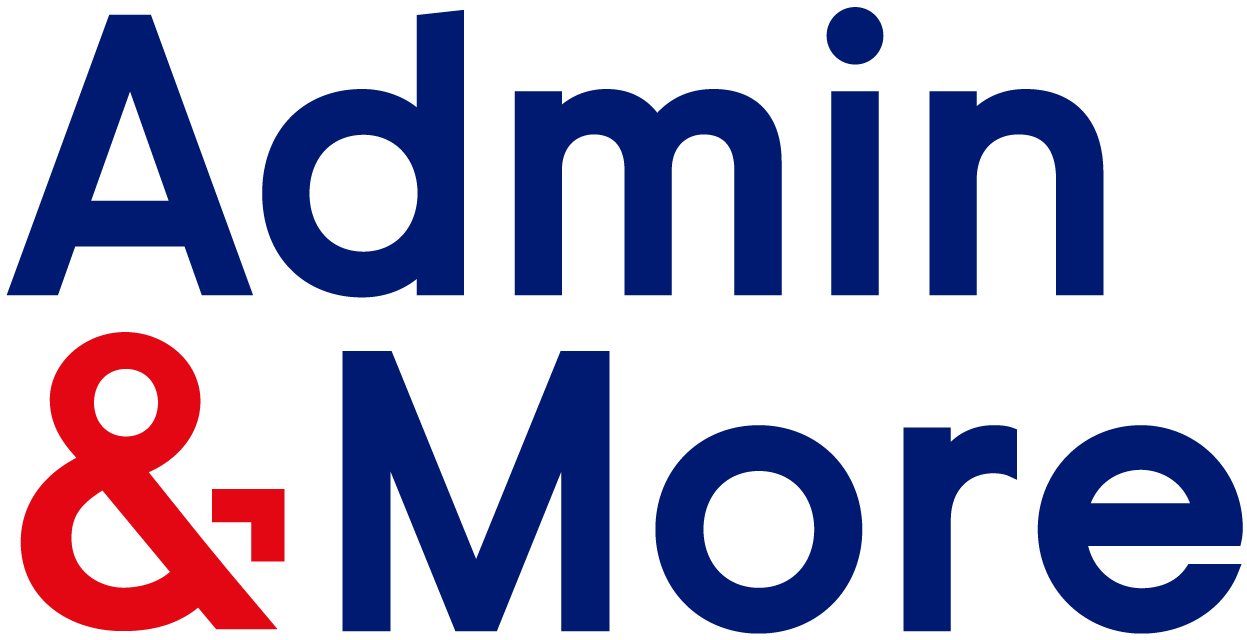How Do Virtual Assistants Keep My Data Secure?
Hiring a virtual assistant to help out saves time, but it also saves money. However, there are some serious concerns about data security and whether a VA working from home could keep my data secure?
While VAs might provide you with excellent service, it is essential to remember that they also have access to your personal information. If you are not careful about what you share with them, they could steal your identity.
A VA should prove that they can maintain high standards of data security. Any sensitive or confidential information should not be shared with them until you are happy they maintain the correct standards.
The General Data Protection Regulation (GDPR) is Europe’s data privacy and security law. It regulates the collection and processing of personal data, its storage and usage. It was adopted in 2016 by the European Parliament. The act addressed growing concerns about large corporations’ power over people’s personal information.
The GDPR will give individuals more control over their personal information by giving them more power over what companies can do with it. In addition, the regulations acts to close any loopholes that may exist in current legislation. For example, if an individual does not want their health data shared with insurance companies, they can opt-out of allowing this under GDPR rules by requesting the company they did share their data with.
How will my VA keep my data secure?
Virtual Assistants are data processors – an external organisation providing data entry support for your business. It involves collecting, recording, storing, using, analysing, disclosing data, and more.
For specific tasks and activities requested by you, the data shared used is for that task or activity only.
So for example, if a Virtual Assistant is helping you with tasks like making calls, sending out emails, and raising invoices, the VA will require access to personal data. The data used is for the purpose specified. You will also be able to choose which data your Virtual Assistant can work with while restricting access to others.
If you require a Virtual Assistant to store your data, the VA will follow the General Data Protection Regulations (GDPR). If it’s not necessary to store the data, the VA will be responsible for disposing of it securely.
Is it safe to give passwords to my Virtual Assistant?
There will be times when a Virtual Assistant will need access to certain information about your business to carry out their role effectively. This can range from gaining access to a social media account to creating content or scheduling posts, to something like accessing a CRM database to tracking business leads.
So, you should control a VA’s use of any area of your business that requires password control. This type of data security falls under the General Data Protection Regulations. It is your responsibility is to keep both the passwords and data secure.
Should I come to a Data Processing Agreement with my Virtual Assistant?
In addition, one of the best ways to keep your data safe is to develop a Data Processing Agreement. The document is a legally binding contract stating the rights and obligations of both parties concerning the protection of personal data ensuring that both you and your VA are protected.
Finally, If you are looking for an extra level of security, a Virtual Assistant can create confidentiality and non-disclosure agreements for tasks. Most commonly used when there are significant concerns about the safety of the data. Handing over sensitive information can seem daunting, and that’s completely understandable! However, these concerns shouldn’t prevent you from making a decision that could maximise your business’s success!


